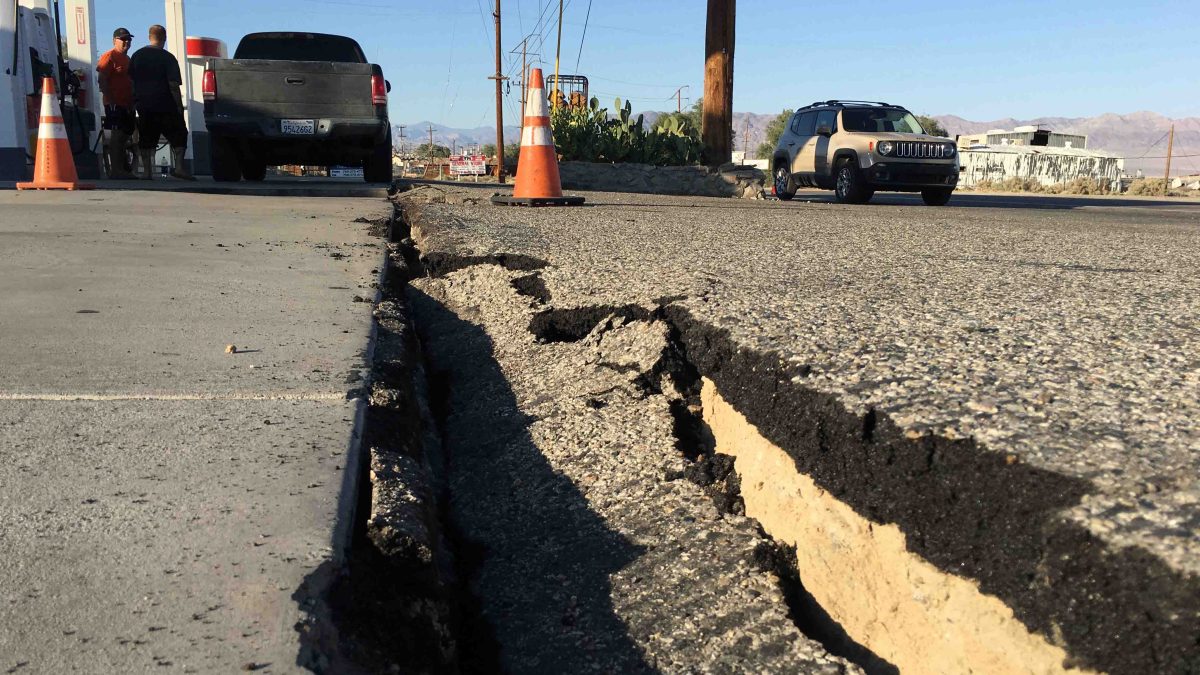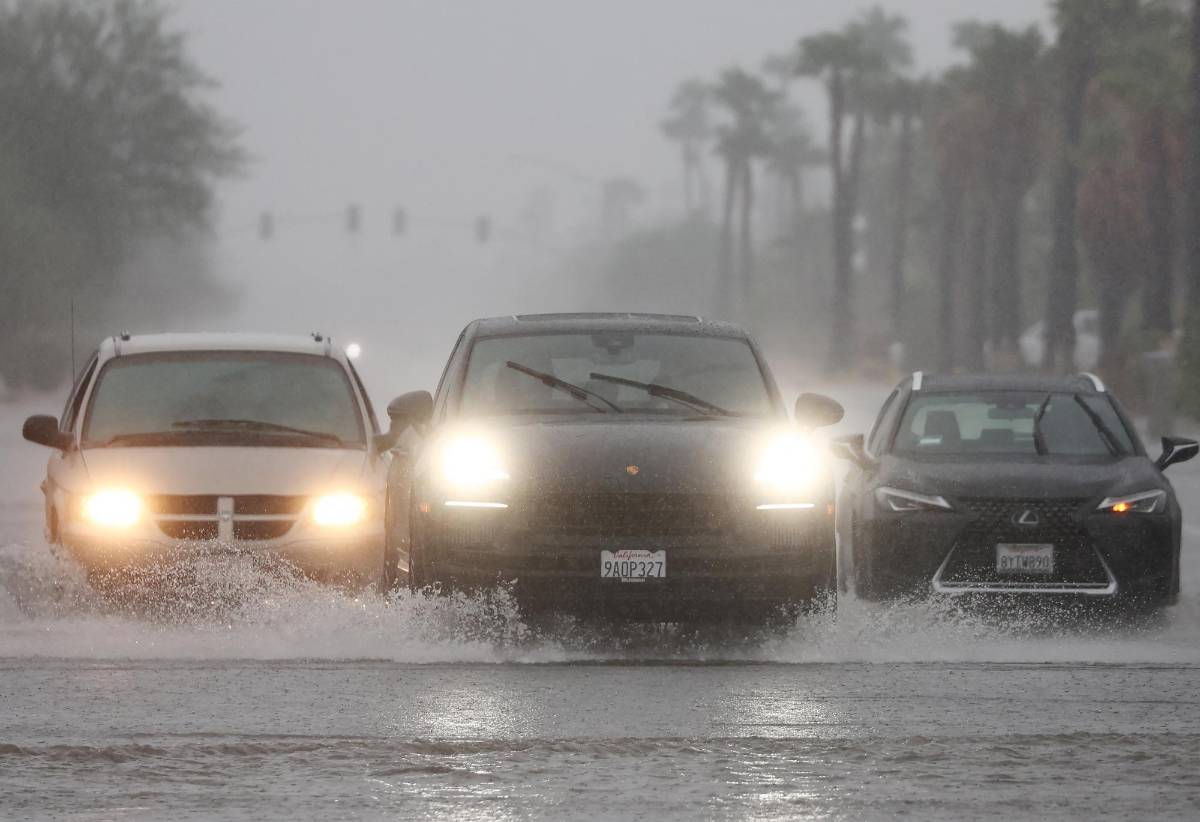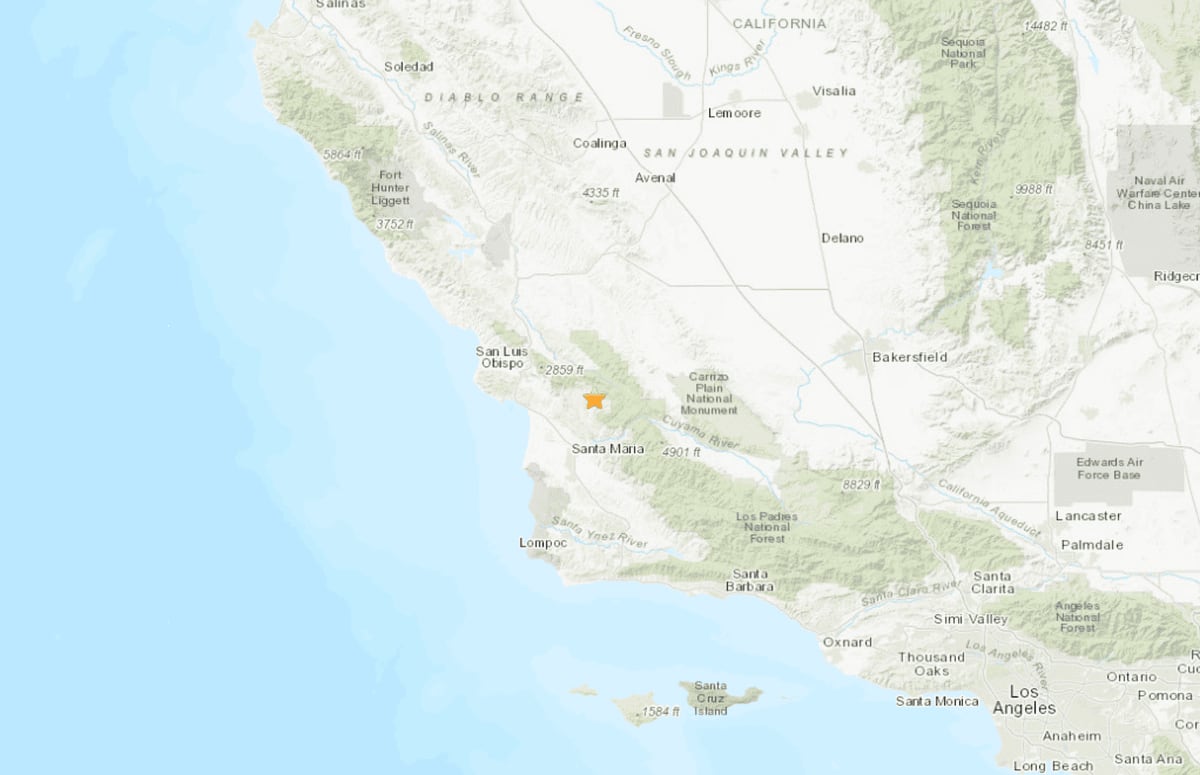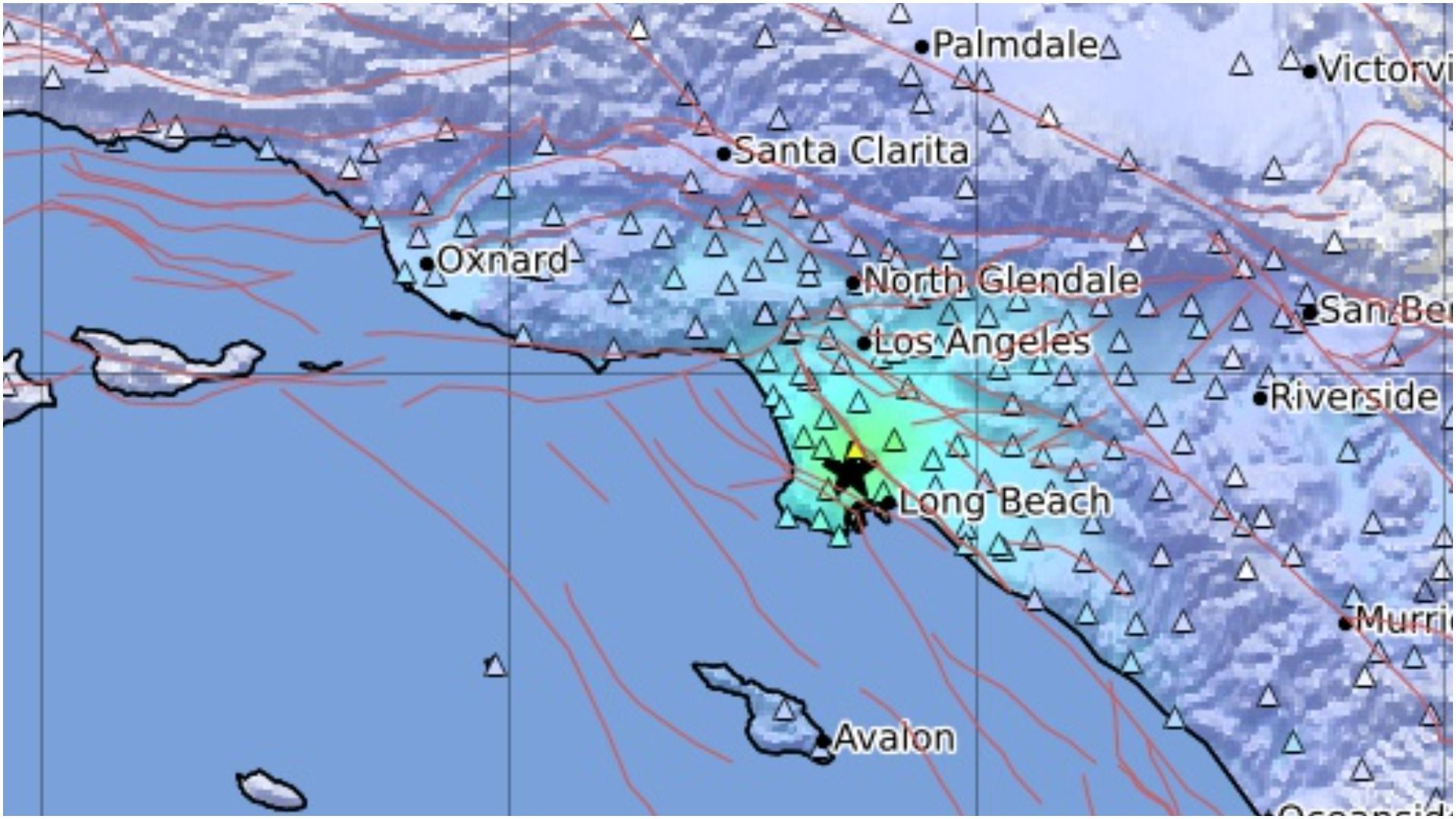Table of Contents
- Sismo hoy: Temblor de 4.2 grados sacude a San Bernardino, California ...
- Terremotos en California: evalúan daños y mantienen alerta – Telemundo ...
- Temblor en USA hoy, 10/01/2024 – reporte en vivo del USGS: hora y lugar ...
- Temblor en California, USA: dónde ocurrió (epicentro) y de qué magnitud ...
- Reportan fuerte sismo en Los Ángeles, California
- Temblor en California hoy, 2 de diciembre: actualización de los últimos ...
- Terremotos en California: evalúan daños y mantienen alerta – Telemundo ...
- Temblor hoy: Baja California registra sismo de 4.8 grados, sin ...
- Un terremoto de magnitud 5.1 sacude el sur de California mientras el ...
- Temblor de 5,1 se siente en el sur de California mientras esperan por ...

A significant earthquake has struck California, near the infamous San Andreas Fault, on April 14, leaving many residents and visitors shaken. The quake, which occurred at [insert time], had a magnitude of [insert magnitude] and was centered in [insert location]. As the state's emergency services and seismologists assess the damage and potential risks, here's what we know so far about this latest seismic event.


Earthquake Details

According to the United States Geological Survey (USGS), the earthquake's epicenter was located approximately [insert distance] miles from [insert nearby city or landmark]. The quake's depth was recorded at [insert depth] miles, which is considered relatively shallow. Shallow earthquakes tend to cause more damage than deeper ones, as the seismic energy is released closer to the surface.


San Andreas Fault: A Major Concern

The San Andreas Fault is a 800-mile-long transform fault that runs through California, passing through several major cities, including Los Angeles and San Francisco. It is a plate boundary between the Pacific Plate and the North American Plate, where the Pacific Plate is moving northwestward relative to the North American Plate. This fault is responsible for many significant earthquakes in California's history, including the devastating 1906 San Francisco earthquake and the 1989 Loma Prieta earthquake.
:quality(75)/cloudfront-us-east-1.images.arcpublishing.com/elcomercio/OTSI44R4KBEGLDDQWCVCXRJVIY.jpg)
Impact and Damage
As the earthquake struck, residents and visitors in the affected areas reported feeling strong shaking, with some describing it as "violent" and " intense". So far, there have been [insert number] reported injuries and [insert number] reported deaths. Emergency services are working to assess the damage, which includes [insert types of damage, e.g., building collapses, power outages, etc.].

Response and Preparations
California's emergency services, including the California Governor's Office of Emergency Services (Cal OES) and the Federal Emergency Management Agency (FEMA), are on the scene, coordinating response efforts and providing support to those affected. Residents are advised to follow evacuation orders, if issued, and to stay away from damaged buildings and infrastructure.

Preparedness is Key
Earthquakes can strike at any time, and it's essential for California residents and visitors to be prepared. This includes having a disaster plan in place, stocking an emergency kit with essential supplies, and staying informed about earthquake risks and safety tips. The California Earthquake Authority provides resources and information on earthquake preparedness and mitigation.
In conclusion, the April 14 earthquake near the San Andreas Fault is a stark reminder of the seismic risks that California faces. As the state's emergency services and seismologists continue to assess the situation, it's crucial for everyone to remain vigilant and prepared. By staying informed and taking proactive steps, we can reduce the risks associated with earthquakes and ensure a safer future for all.
Stay safe, and stay informed!
Note: This article is for general information purposes only and is not intended to provide real-time updates or emergency instructions. For the latest information and updates, please visit official government websites, such as the USGS or Cal OES, or follow reputable news sources.